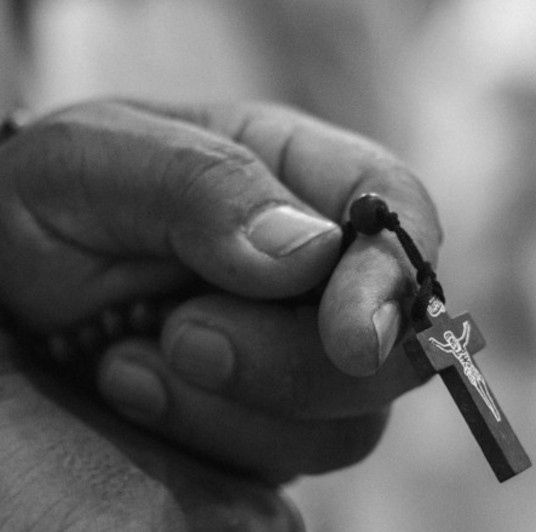
Women. Persecuted twice
Women from religious minorities are the group most affected by persecution. Most are Christians
By Manuela Tulli
(Consolata Missions, Jan. 15, 2024)
Kidnapped, raped, enslaved. Women from religious minorities are often persecuted twice: first because they belong to groups kept on the margins of society, then because, precisely, they are women.
It happens in Pakistan, Nigeria, Burkina Faso, Egypt, just to name a few examples, and for the most part these are Christian women.
There is no shortage, however, of cases involving other religious groups.
In Myanmar, for example, a Buddhist-majority country in which the Muslim Rohingya minority has been persecuted for years, a woman cannot marry a Muslim except at the risk of her life.
A few years ago in Pegu, one of the country’s largest cities, an angry mob burned down the entire neighborhood of a Buddhist girl to punish her for her relationship with a Muslim.
The same fate of discrimination befalls Rohingya women. “Being born a woman and being of Rohingya origin means, most likely, being destined to a life of ethnic, religious and sexual deprivation and discrimination,” Amnesty international points out.
Christian women, the most persecuted
Returning to Christian women who live in countries where their faith is in the minority, such as in many parts of Asia, the Middle East or Africa, they “are the first victims,” says the pontifical foundation Aid to the Church in Suffering (ACS) in a November 2022 report, “If believing in Jesus Christ involves serious risks in many parts of the world, being a Christian woman is even more difficult. In many countries where there is religious persecution, violence against women is often used as a weapon of discrimination.”
Along the same lines are the data that emerged in The 2023 gender report research presented, on the occasion of International Women’s Day on March 8, 2023, by Open Doors/Open Doors, an international organization that supports persecuted Christians and annually updates its World watch list of countries where there is the greatest persecution because of faith.
“For women,” the report points out, ”sexual and physical violence, forced marriage and enslavement, combined with threats and cell phone monitoring, are elements that trap them in a suffocating web.
The report also presents the ranking of countries where women are persecuted for both their faith and their gender.
In first place we find Nigeria.This is followed by Cameroon, Somalia, Sudan, Syria, Ethiopia, Niger, India, Pakistan, and Mali.
In the northern regions of Nigeria, where Christians experience the highest levels of violence, Christian women are victims of abduction, forced displacement, human trafficking, killings, and sexual violence.
The tip of an iceberg
The cases of abducted, raped, forcibly converted, and murdered women that surface in the news are just the tip of an iceberg. Often, in fact, families, out of fear or shame, do not report the crimes they have suffered.
This is what emerges from the research Ascolta le sue grida, published by Acs Italia in 2021, which shows that, among members of religious minorities, Christian girls and young women are the most exposed to attacks.
According to the Christian Association of Nigeria, for example, 90 percent of women and girls detained by Islamists are of the Christian faith.
In Pakistan, the Movement for Solidarity and Peace estimated that Christian women made up to 70 percent of the girls and young women from religious minorities who were forced to convert and marry each year as early as 2014.
But the reports never match the true extent of the phenomenon.
Another key finding, which frequently emerges in research on the topic, is the increased incidence of sexual and religious persecution of women in conflict areas.
This was particularly evident during the seizure of power by Isis (Daesh) over parts of Syria and Iraq. In those areas, during those years-according to the July 2020 Coalition for genocide response dossier titled Without justice and recognition the genocide by daesh continues-“an organized system of sexual enslavement of minorities” was in place.
READ MORE ON MISSIONI CONSOLATA
